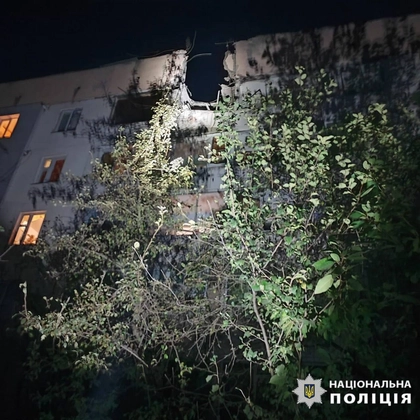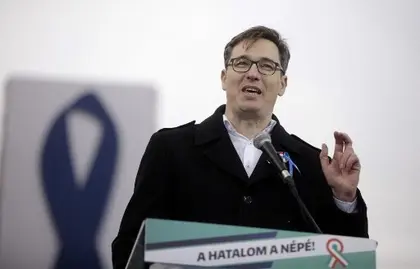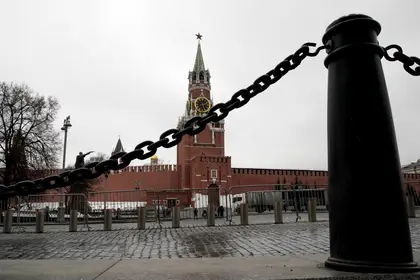Prime Minister Viktor Orban’s government says that Russia supplies Hungary with cheap gas, however, that doesn’t correspond to reality, greatly worsening Hungary’s reputation and putting the country on the wrong side of history, according to Budapest Mayor Gergely Karácsony on Facebook on Sunday, Oct 16.
“What happened again, what happened so many times in the history of Hungary: the government is not only pushing the country on the wrong side of history but also the losing side. It is not only morally unacceptable that they cannot distinguish the aggressor from the victim, but also economically harmful,” Karácsony stressed.
JOIN US ON TELEGRAM
Follow our coverage of the war on the @Kyivpost_official.
Gergely Karácsony stated that “cheap Russian gas is a huge scam” and if it really existed, Hungarians wouldn’t get incredibly high utility bills, as they do now.
“It is clear that (Russian President Vladimir) Putin provides Hungary with gas at a very high price, and our increased utility bills will ultimately enrich Putin…We get nothing for the unacceptable pricing policy of the government. We need to get out of Putin’s shadow. We need to switch from fossil fuels to renewables. We need to choose energy independence instead of energy dependence. Budapest does it,” the message stated.
According to a Budapest Times report dated Oct.15, Karacsony criticized the government for what he called its “grey stance” on the war in Ukraine.

Kyiv Hit by Massive Drone Attack as Russian Strikes Target Multiple Ukrainian Cities
“There is no dilemma that we should dial back on humanity in return for access to cheaper
Russian gas,” he argued, adding that “no one has ever financed a war from renewable energy.”
According to a Publicus Institute poll conducted in early September, the number of Hungarians who expect the prime minister to condemn Russia more severely than he has for the full-scale war on Ukraine has increased to 48 percent (34 percent of respondents do not have such a need, and 18 percent did not answer the question).
You can also highlight the text and press Ctrl + Enter






